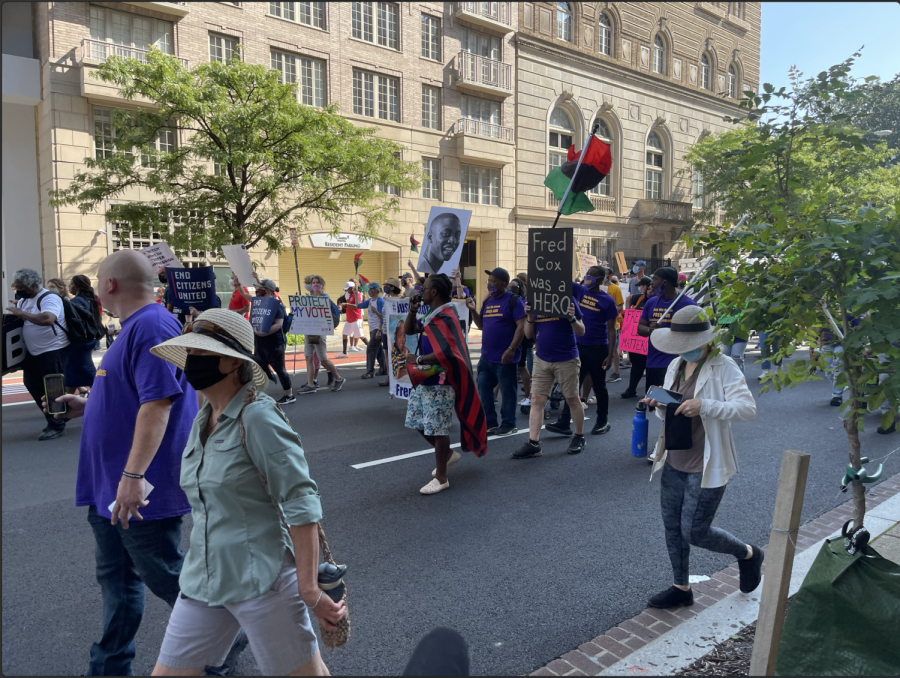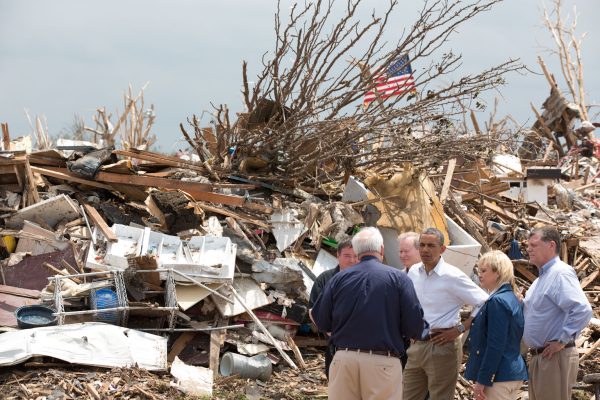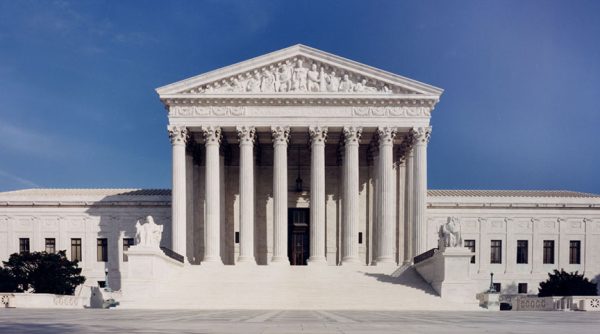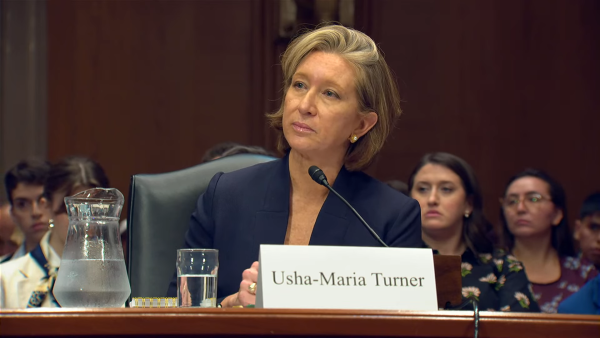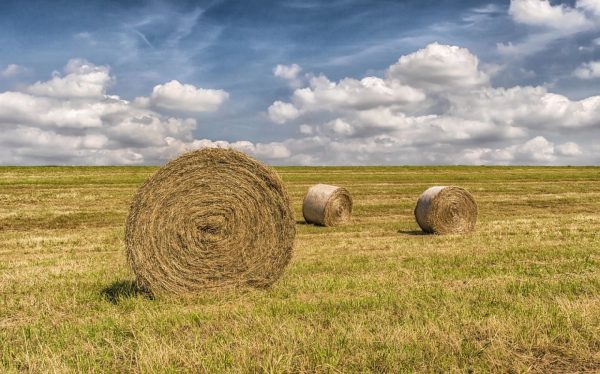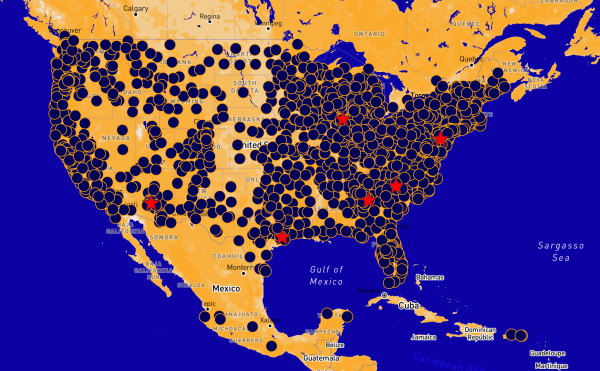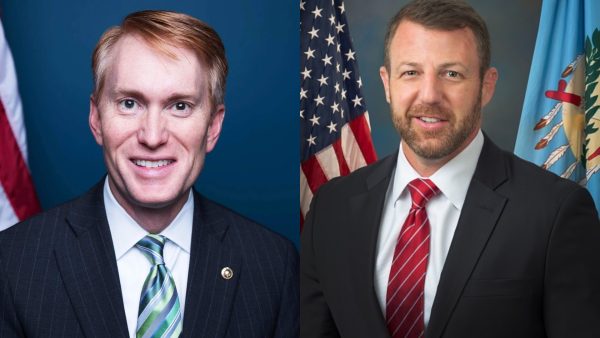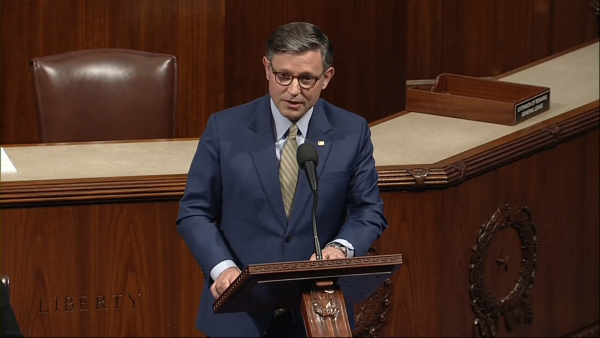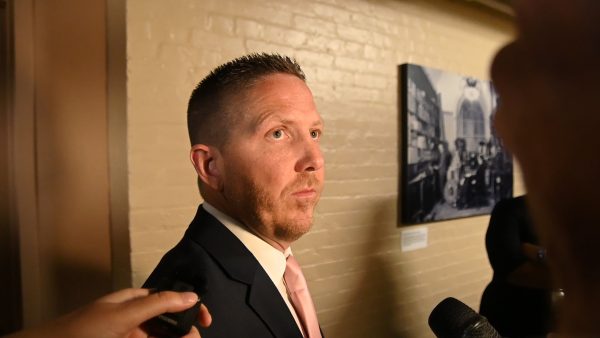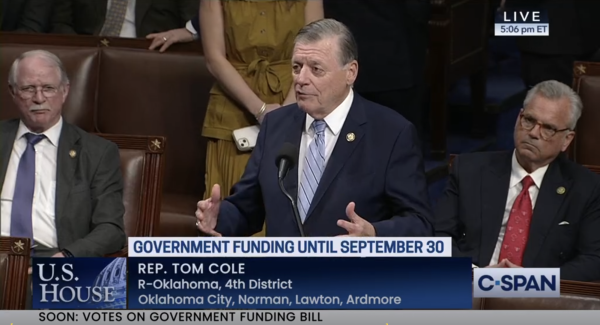Thousands march for voting rights
Thousands of activists around the country came together in-person and virtually to advocate for equal voting access Saturday on the 58th anniversary of the March on Washington. (Zaria Oates/Gaylord News)
WASHINGTON — Thousands of activists around the country came together in-person and virtually to advocate for equal voting access Saturday on the 58th anniversary of the March on Washington.
“The House of Representatives passed the John Lewis Voting Advancement Act. That is just a setup for the real fight. The real fight is going to be in the United States Senate,” said Rev. Al Sharpton, the founder and president of the National Action Network, an organization dedicated to fighting for civil rights.
Sharpton stressed the need for all marches across the country to be civil and strategic. He emphasized the necessity to remain non-violent.
“It’s important that [marches] are intergenerational and that it is interracial and non-violent,” Sharpton said. “We want to show … the difference between the children of Dr. King and the followers of Donald Trump because we are passionate and firm, but non-violent.”
University of Oklahoma alumna and former chair of the OU Undergraduate Student Congress, Savannah Patterson, attended the march to highlight forms of voter suppression she has seen in her home state of Oklahoma.
“The fight for voting rights has been non-stop since the beginning of this country and the excuses that you hear, you know, why people who get arrested can’t vote or why voting has to be during the workday so people in marginalized communities can’t vote,” Patterson said. “It’s just frustrating to hear it so that’s why … it’s one of my biggest advocacy points.”
In Oklahoma, Tyreke Baker, founder and editor-in-chief of The Black Times Oklahoma, organized a march to the Oklahoma State Capitol to honor ancestors, fight for voting rights, improve community engagement and register voters.
“I’m grateful to have been able to add Oklahoma’s voice to the national commitment of marching on that historic day,” Baker wrote. “The most impactful part was seeing every color and walk of life represented … peacefully working to educate and bring solutions to our community.”
Gaylord News is a reporting project of the University of Oklahoma Gaylord College of Journalism and Mass Communication.
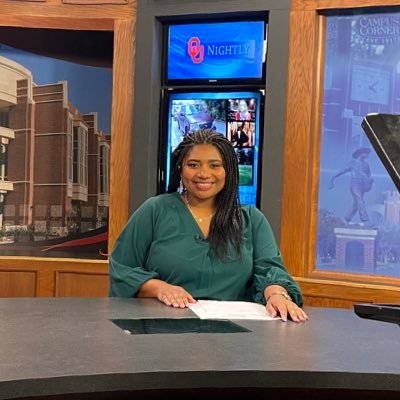
[email protected]
https://twitter.com/ZARIAOATESTV
https://www.linkedin.com/in/zaria-oates-864241178

